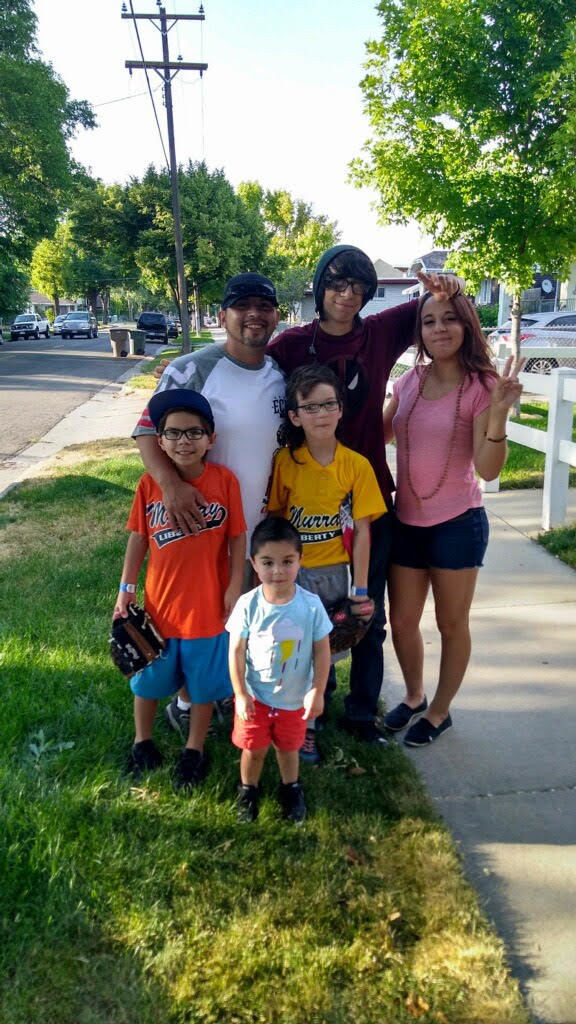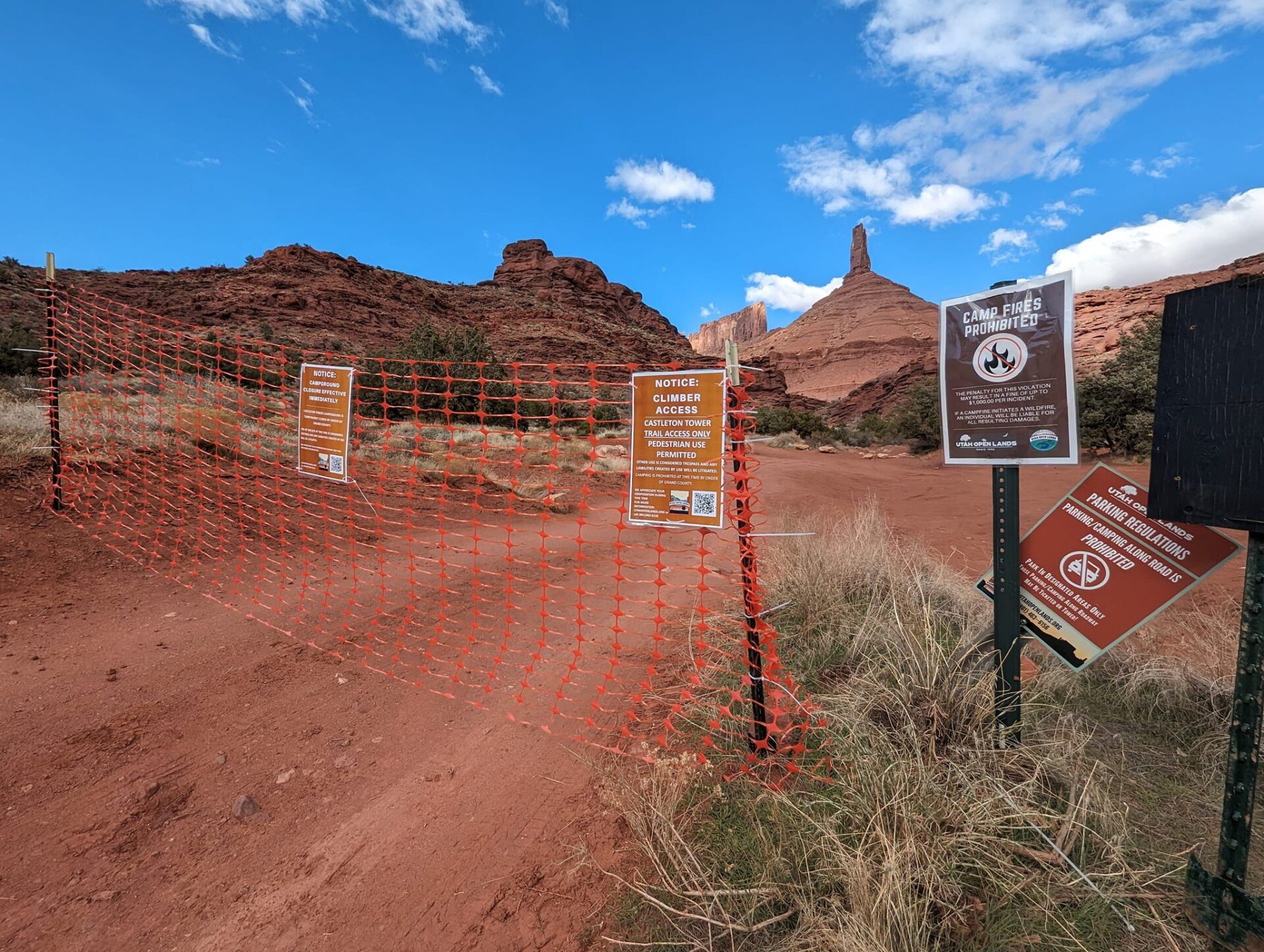“When I came into the drug court program, I was one step away from prison,” James Hurtado said.
Hurtado’s tone was matter-of-fact, but his expression showed a depth of feeling.
“I was essentially homeless. I had no driver’s license, no bank account or my own place to live, a vehicle, any kind of relationship with my family—nothing. I was an absent father with my kids.”
Hurtado spoke to the Moab Sun News at the kitchen table in his apartment, which is nicely furnished, tidy and cool despite the temperature outside being over 100 degrees.
He said that every single one of those points—from his lack of housing to lack of relationships— has turned around.
“I have all that and more,” he said. “I’m so grateful for the opportunities I’ve been given.”
He added, “Today, every aspect of my life has improved.”
Hurtado said that these days, he has a steady job—and his own growing handyman business—and is active in the community doing service work. His relationships with his children and other family members continue to grow stronger.
Hurtado attributed this to his “learning how to live life on life’s terms” without turning to drugs or alcohol. And he credits drug court with supporting him to achieve this.
“I think the world of the drug court program,” he said.
Currently, Hurtado is scheduled to graduate from Seventh District Adult Drug Court on Feb. 27, 2020, which is one day before he will reach his three-year anniversary of being free from drugs and alcohol. Hurtado calls it his “recovery birthday.”
His graduation date is not set in stone, but Hurtado doesn’t seem too concerned with the exact timing, saying that after graduation he knows he will still have to maintain “an active role” in his own recovery.
“It’s vital for my recovery to give back to the community, being available to help others who are struggling,” he said. “I see the most successful persons in recovery are helping others and staying active…If I sit around and do nothing, I have a high likelihood of going back to where I just came from.”
“That’s what will keep me on the right path,” he said.
Hurtado said he entered the drug court program at the beginning of 2017 after being arrested on charges that included the theft of a vehicle. He was in his thirties by that time, but the road to that point started many years earlier.
Hurtado said he grew up in Utah’s Carbon County, and started struggling with addiction from the age of 13 when he began hanging out with older kids who used alcohol and drugs. He said that at first it was a way for him to “be a part of something,” but by adulthood it had become a “coping mechanism” for the ups and downs of life.
“I have better coping skills today,” he said with a smile.
After graduating from high school, Hurtado said he moved to Salt Lake City, where he struggled with substance use. In 2015, he became homeless, which is when things took a sharp turn for the worse.
“Living on the streets, I had a really bad heroin addiction, alcohol, meth, all of it,” he said. “I came to a point where I had absolutely nothing.”
In 2016, he came to Moab, where he had family, with the intention of making good changes in his life.
“Problem was, I wasn’t ready,” he said.
Hurtado said he started using substances in Moab “just as bad as in SLC.” This eventually led to his arrest and referral to drug court.
“It was either prison or drug court, so I chose drug court,” he said.
Hurtado said the first month of drug court was very difficult. Drug tested every day, he tested positive for illegal substances on 18 out of the 28 days in the month.
“I still wasn’t ready,” he said.
Judge Mary Manley, who oversees drug court, sent him to jail for a month. Hurtado said he got out of jail at the end of March 2017 and made the decision to give the drug court program a real try.
“No big plans. Just do what they told me to do to stay out of jail, stay in compliance,” he said.
Staying “in compliance” with drug court meant submitting urine samples daily, attending court hearings every other week, attending three self-help groups per week as well as individual sessions, all while getting a stable living situation and steady work lined up. Missing, or even being late to, any of his court-ordered treatment obligations would put him out of compliance and potentially lead to sanctions such as community service or jail time.
Hurtado credits this system with teaching him time management and organizational skills that he still uses today.
“Drug court held me accountable until I learned to be accountable to myself,” he said.
Hurtado managed to adhere to the rigorous program and achieved something he hadn’t in 22 years—90 days of complete sobriety. He said it was at that point he realized “things were getting better.”
“Life was changing for me,” he said. “I just kept doing what was working.”
Hurtado said that today he is able to look back on his experience in drug court and realize how it saved his life.
“It gave me opportunities that I didn’t even know I needed to be successful in recovery,” he said.
He also credited Four Corners Community Behavioral Health and Utah Support Advocates for Recovery Awareness (USARA) for their roles in supporting his progress.
“My journey has been all of it,” Hurtado said. “It’s been God’s will for me, and today I’m enjoying God’s grace because I’ve had the willingness to make some changes in my life.”




